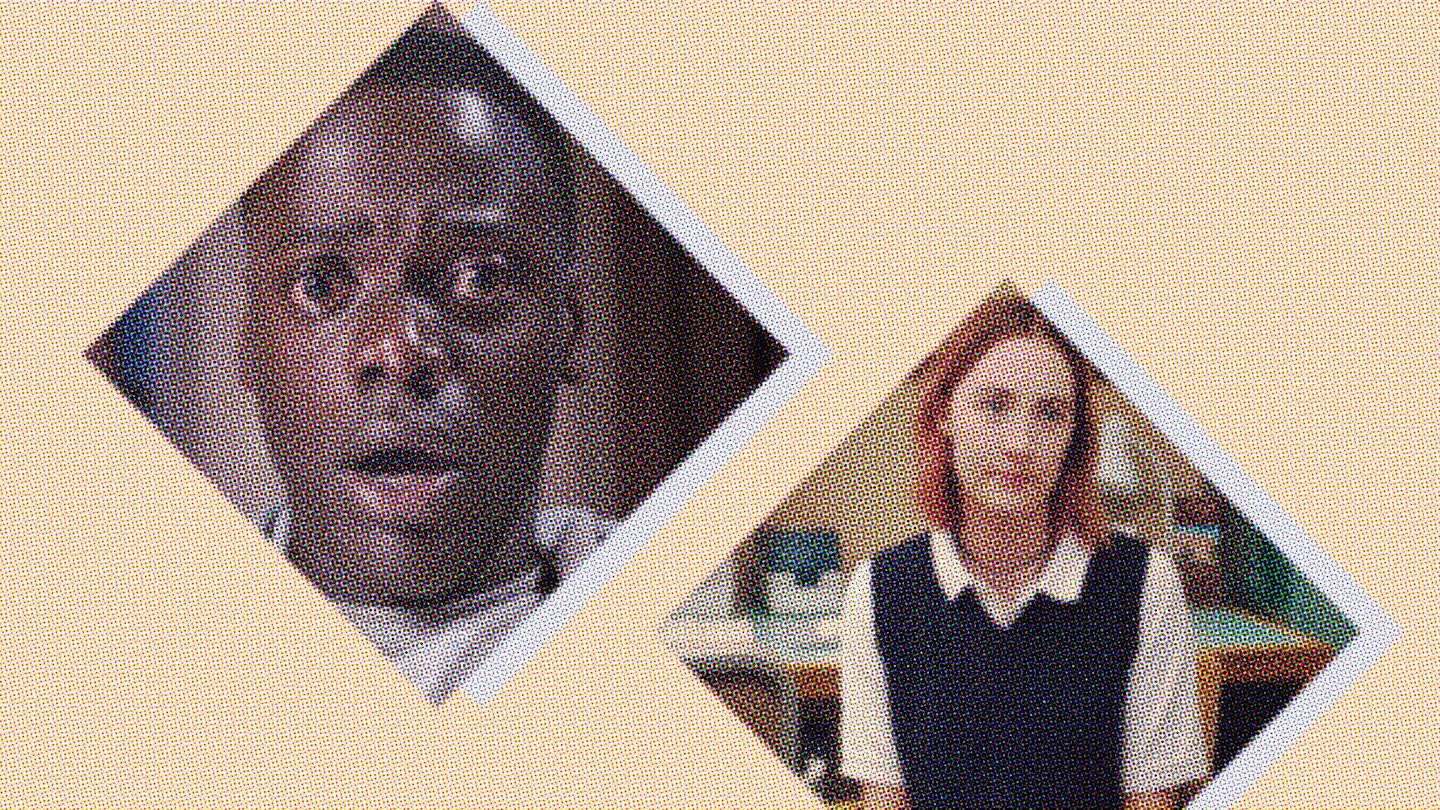To put it one way, 2017 has been a year of twists and turns. And justly expected, the world of film and television has once again been a relatively good reflection of where we’re at in society. The poignancy of The Handmaid's TaleThe Handmaid's Tale didn't resonate so significantly for no reason.
As always, diversity is the buzz word that most often gets thrown around when people talk about how well the likes of Hollywood is reflecting and representing the vast population of people who consume its output. And while we can quite happily celebrate the steps taken to ensure that people on and off screen are well paid, dually accounted for and fairly included in an industry that’s historically very quick to stereotype and discriminate, the end of the year is as good as time as any to take a look at how far we’ve been able to move the conversation on in the last 12 months.
A study released in June by the Creative Artists Agencyrevealed that movies with diverse casts did way better at the box office than those without. And while it may be something that sounds incredibly obvious to most of us, we’re also well aware that despite the slightly ironic monetary value, it hasn’t always panned out that way on screen.
Nevertheless, we’ve had a great year for firsts. Jordan Peele became the first African American director to earn more than $100 million from his first feature film, Get Out. Hidden Figures was the first movie with multiple female leads to be number one in the box office beyond it’s first week since The Help came out in 2011. Girls Trip was the first film of 2017 to gross $100 million at the box office.
What this tells us though, is that while appetite for diverse programing is present (as it ever was), attitudes at the top table seem not to have moved very far forward in recognizing the success of films that satisfy this particular need.
If you remember the #OscarsSoWhite controvosy of 2016, you’ll already be familiar with Jada Pinkett Smith as a prominent mouthpiece for (the lack of) diversity in Hollywood. Most recently though, she spoke quite poignantly about her film Girls Trip, and it’s exclusion from the Golden Globes nominations.
She claimed that none of the 93 members of the Hollywood Foreign Press Association turned up to private screenings or press conferences for the film. She tweeted: ‘I'm discouraged about the fact that the Hollywood Foreign Press/Golden Globes wouldn't even watch the movie'. A source later told Vanity Fair that a screening of Girls Trip was actually held for Golden Globe voters back in June, but regardless of whether it happened or not, the worrying thing is that there is an underlying expectation that the few films that do showcase women and ethnic minorities as lead characters, aren't compatible with the structures that decide what's worth an award and what isn't.
'Hollywood has systems in place that must learn to expand its concepts of race, gender equality and inclusion in regard to its perceptions of art across the board', Jada tweeted.
WATCH NOW: What Does It Mean To Be A Woman In 2017?
In what was a huge surprise for many, for the second year in a row not a single female director was nominated for a Golden Globe. And it's not like we were short of fantastic contenders. Greta Gerwig's *Lady Bird *was perhaps the most critically celebrated film of the year. Patty Jenkin's *Wonder Woman *was a huge box office success and *Mudbound *directed by Dee Rees was also overlooked in the typically male-dominated category.
It's not new, but it says a lot. Not for the dangerously merky motivation of ticking the right diversity boxes and to profit from the money that *could *be made from a better reflective industry, but rather against the backdrop of a year heavily dominated by sexual assault and misogyny in the film industry, further exclusion of women in any sense only further speaks to the wider issue that Hollywood is still having to address: the people at the top table are predominantly male.
So, how far have we come? The good news is that there is more out there. The fact that so many films by women and ethnic minorities have done so well commercially is testament to the fact that at the very least, these films are being produced and celebrated at ground level. However if we're comparing a year that we so readily believe to be progressive and inclusive, let's not be too quick to forget that even in 2017, only four of the nine films nominated for Best Picture at the Oscars passed the Bechdel Test. Despite the success of Moonlight and Call Me By Your Name LGBT narratives still remain few and far between. And research has demonstrated that despite an increased awareness, diversity in film has barely changed in the last 10 years.
Big and pretty depressing claims, I know. But isn't it time we stop applauding billion dollar industries with the ability to be more representative for doing the bare minimum and every so often accurately reflecting reality? Sure, it might be naïve to expect these sorts of changes to happen in the course of a year and change the white, middle aged, male face of Hollywood forever. But if we don’t demand recognition for change, will we ever properly move forward?
The Golden Globes: Then And Now
Golden Globes Then & Now
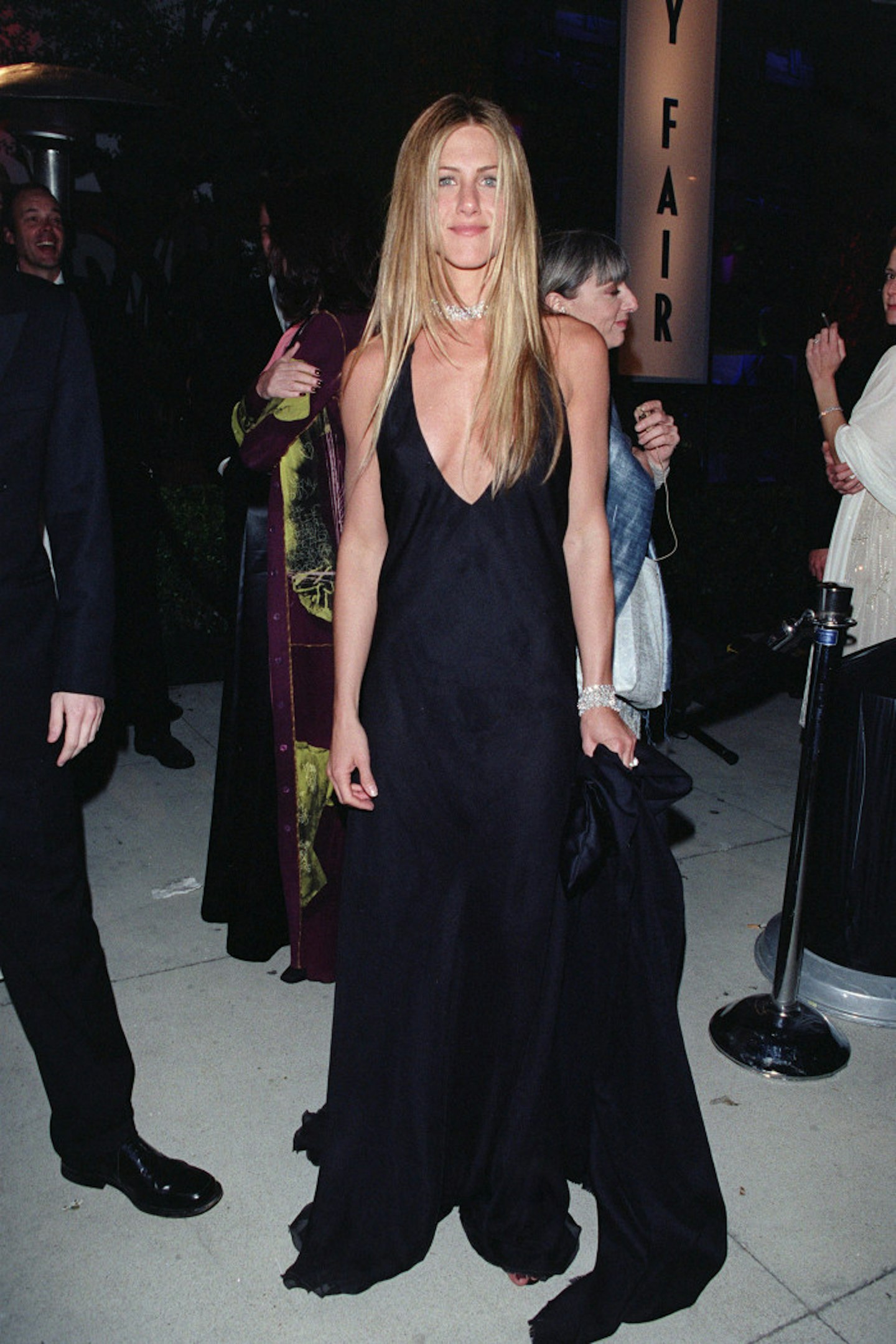 1 of 22
1 of 222327865
THEN: Jennifer Aniston at the 2000 Oscars © Getty
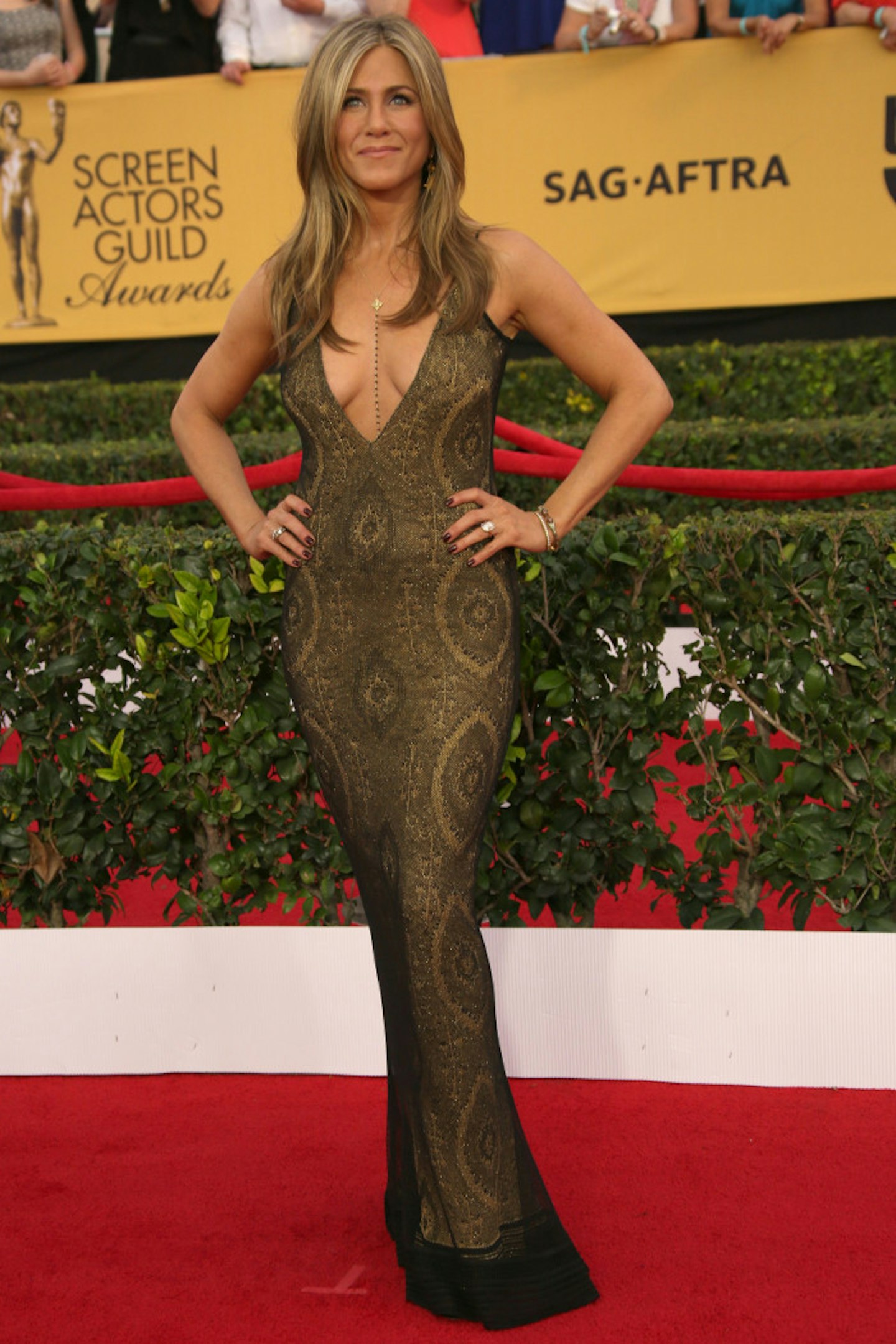 2 of 22
2 of 22rexfeatures_4381625fb
NOW: Jennifer Aniston at the 2015 SAG Awards © Rex
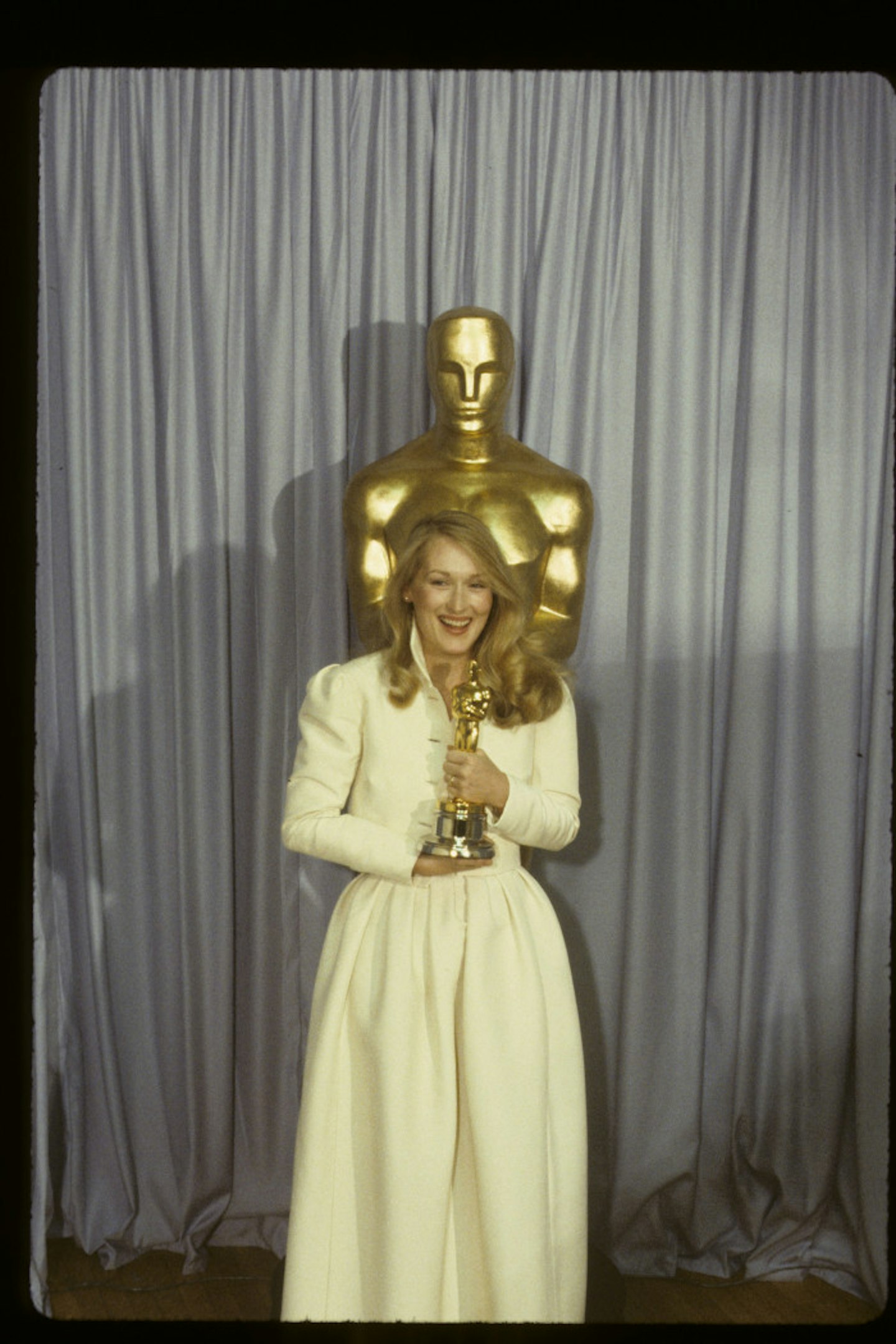 3 of 22
3 of 22140264564
THEN: Meryl Streep at the 1980 Oscars © Getty
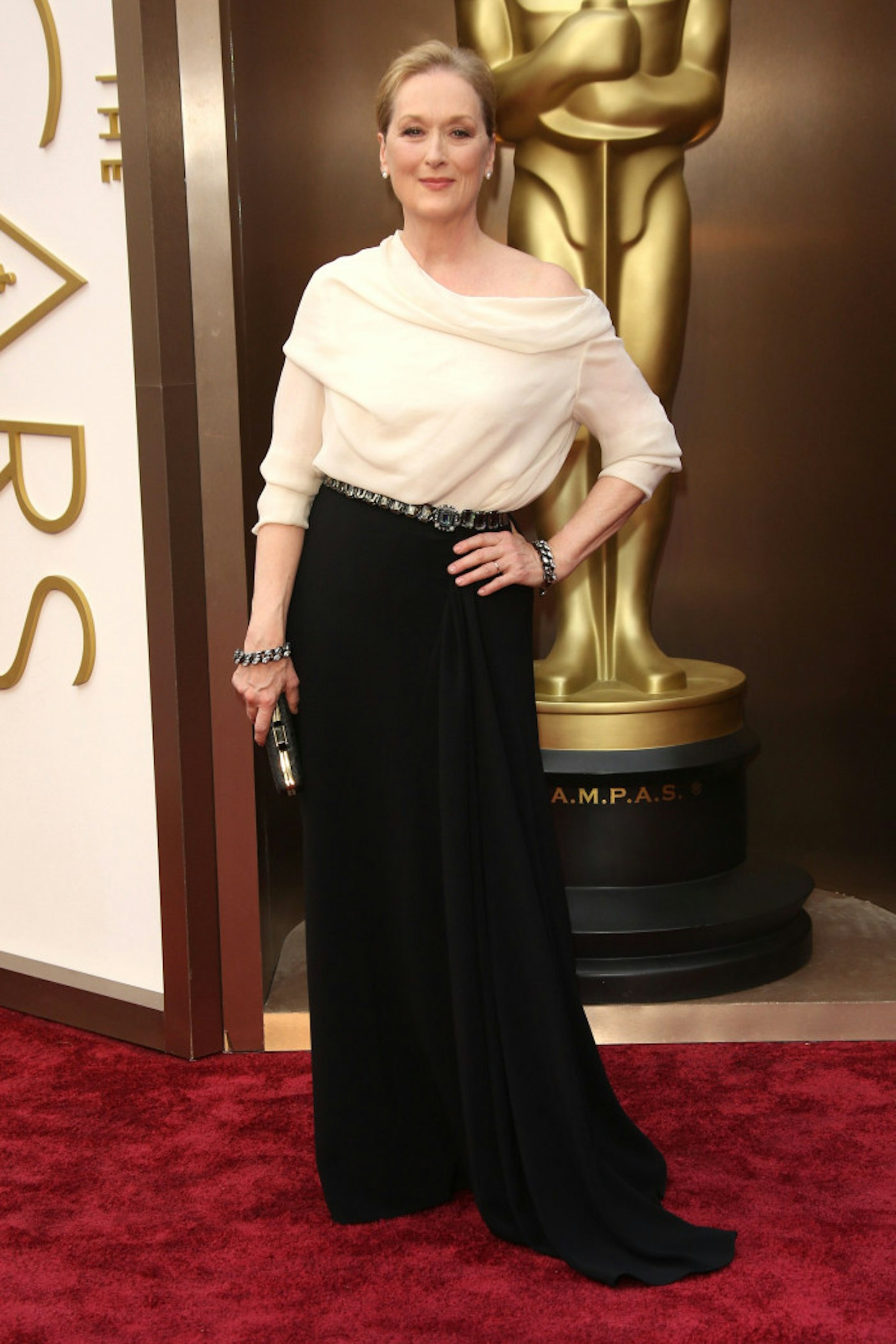 4 of 22
4 of 22rexfeatures_3612996gq
NOW: Meryl Streep at the 2014 Oscars © Rex
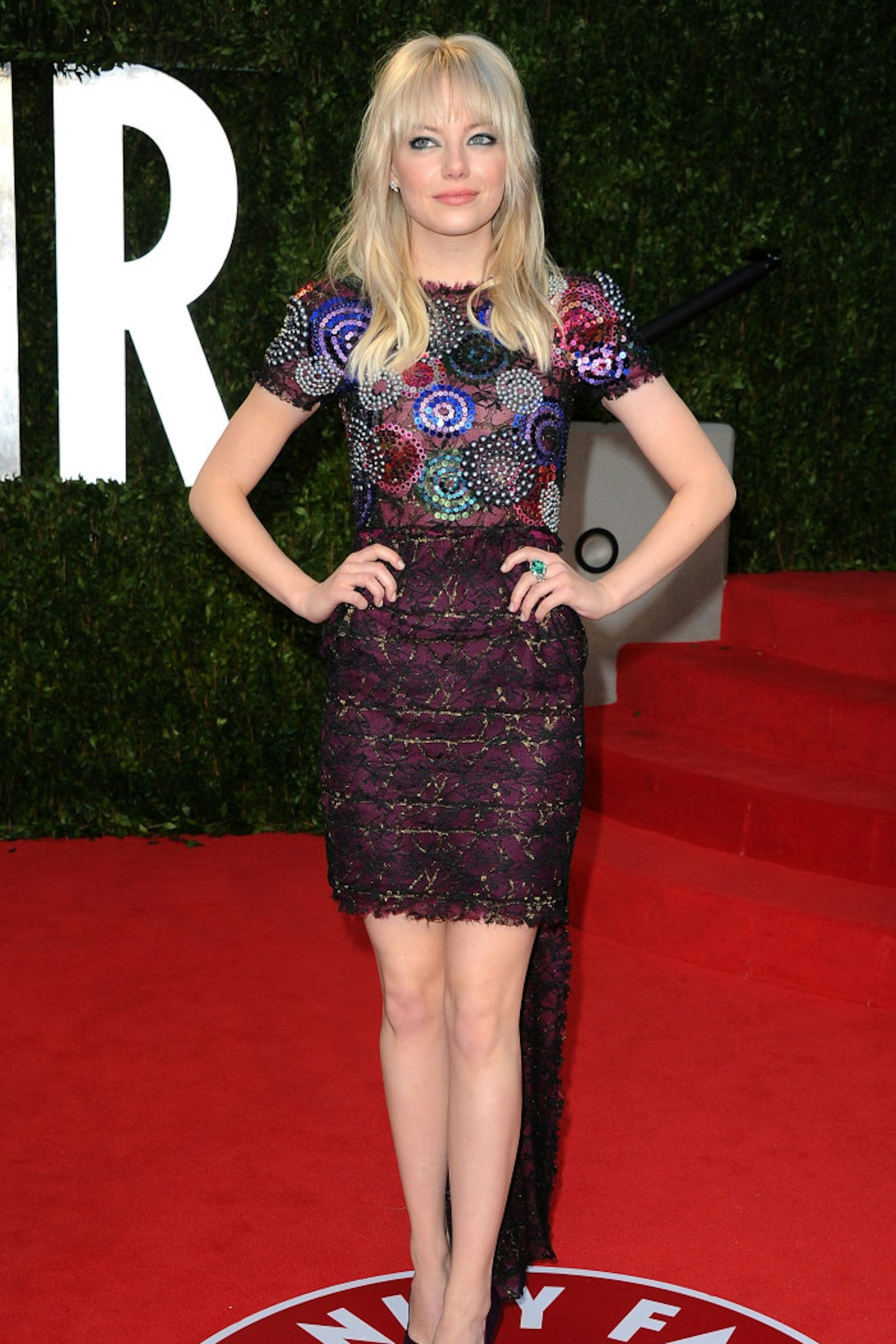 5 of 22
5 of 22109485007
THEN: Emma Stone at the 2011 Vanity Fair Oscars Party © Getty
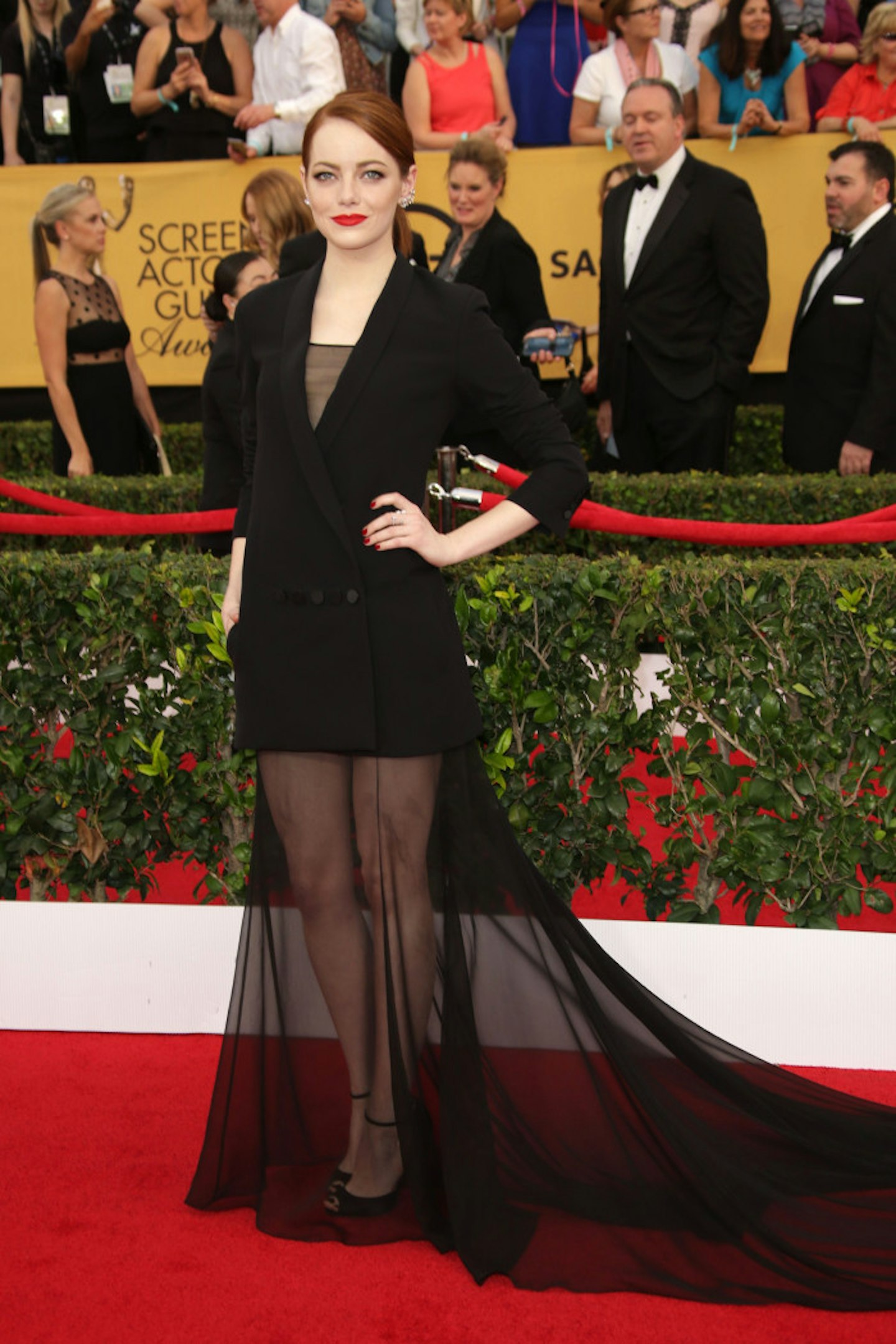 6 of 22
6 of 22rexfeatures_4381625ec
NOW: Emma Stone at the 2015 SAG Awards © Rex
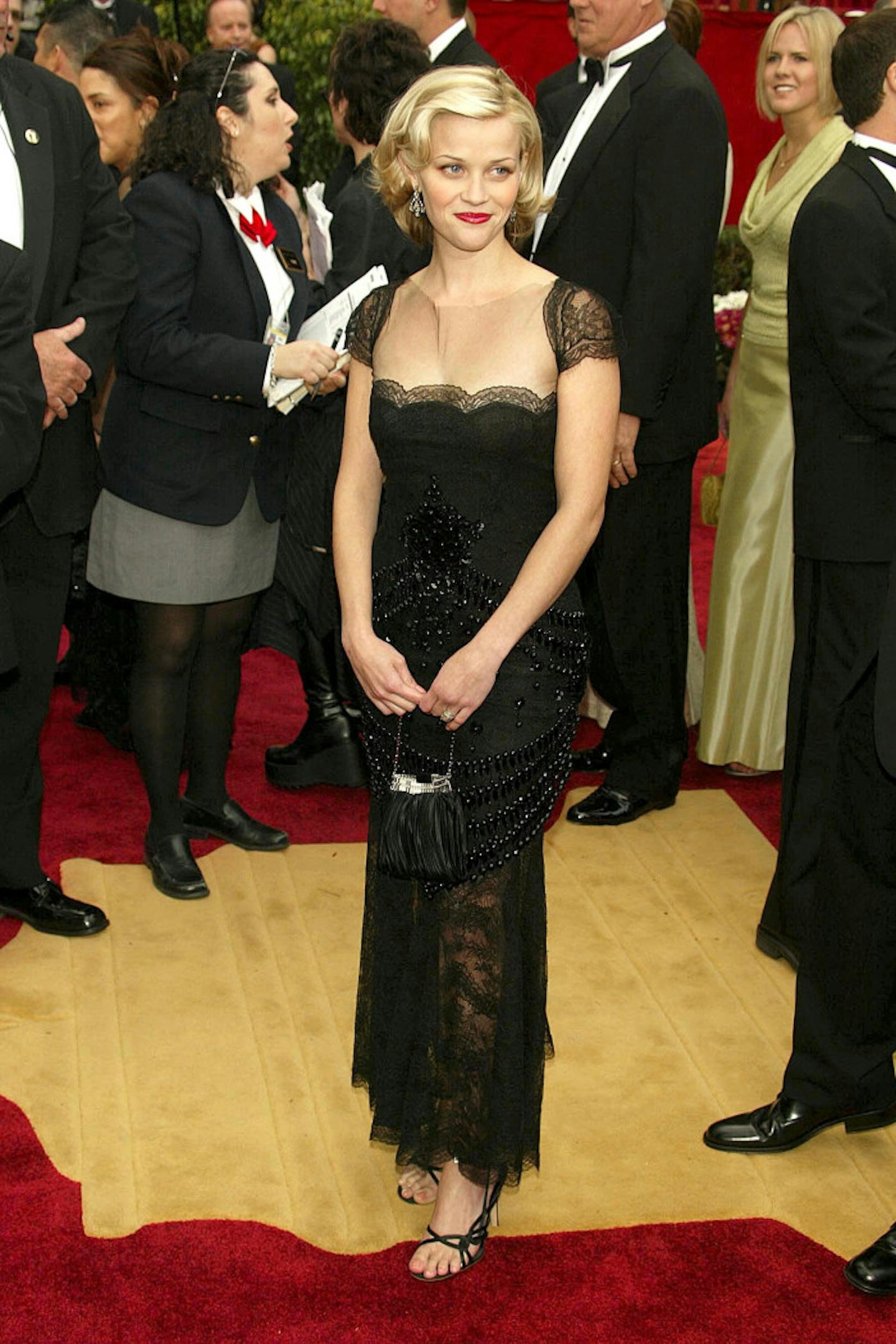 7 of 22
7 of 22rexfeatures_379085bm
THEN: Reese Witherspoon at the 2002 Oscars © Rex
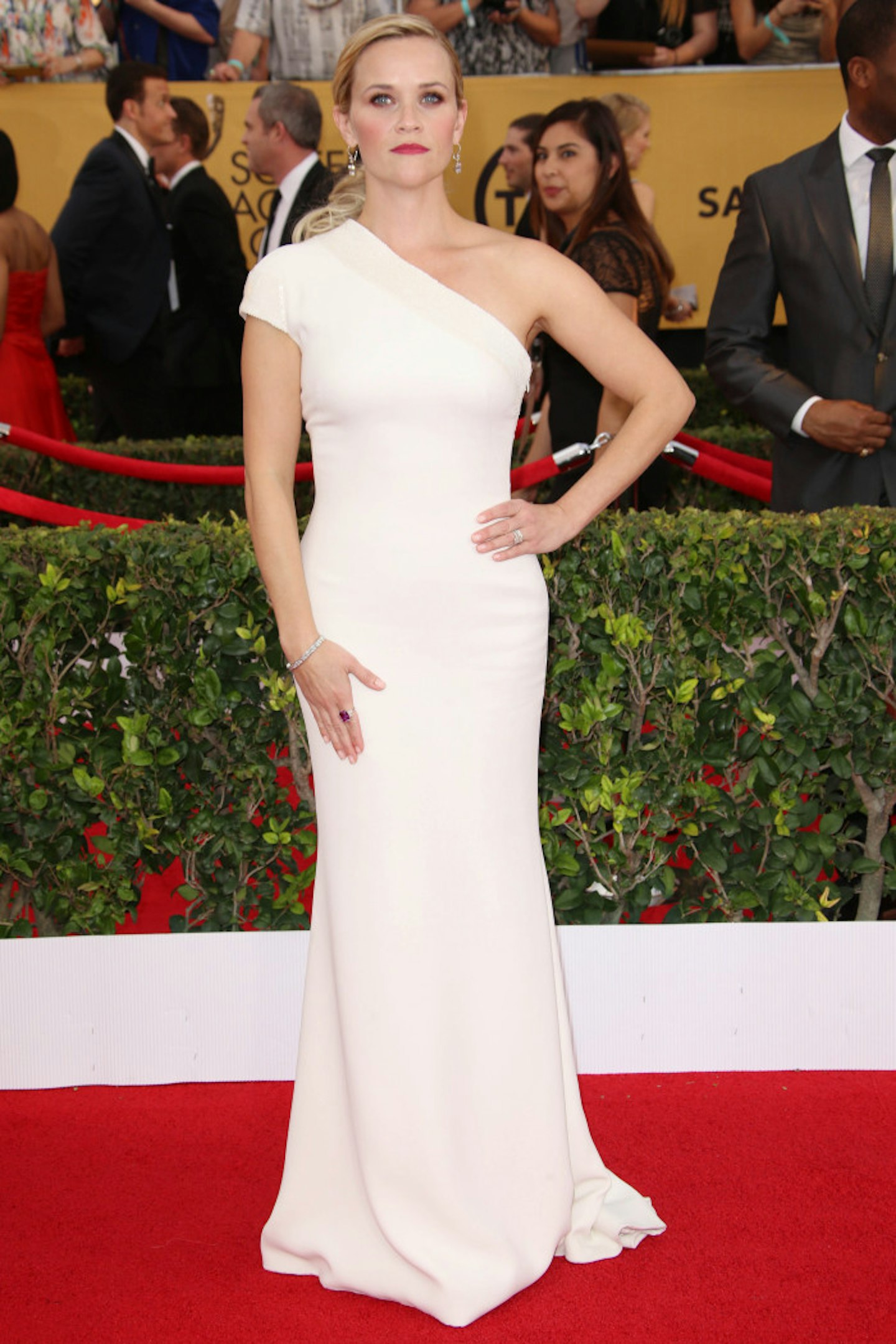 8 of 22
8 of 22rexfeatures_4381644jg
NOW: Reese Witherspoon at the 2015 SAG Awards © Rex
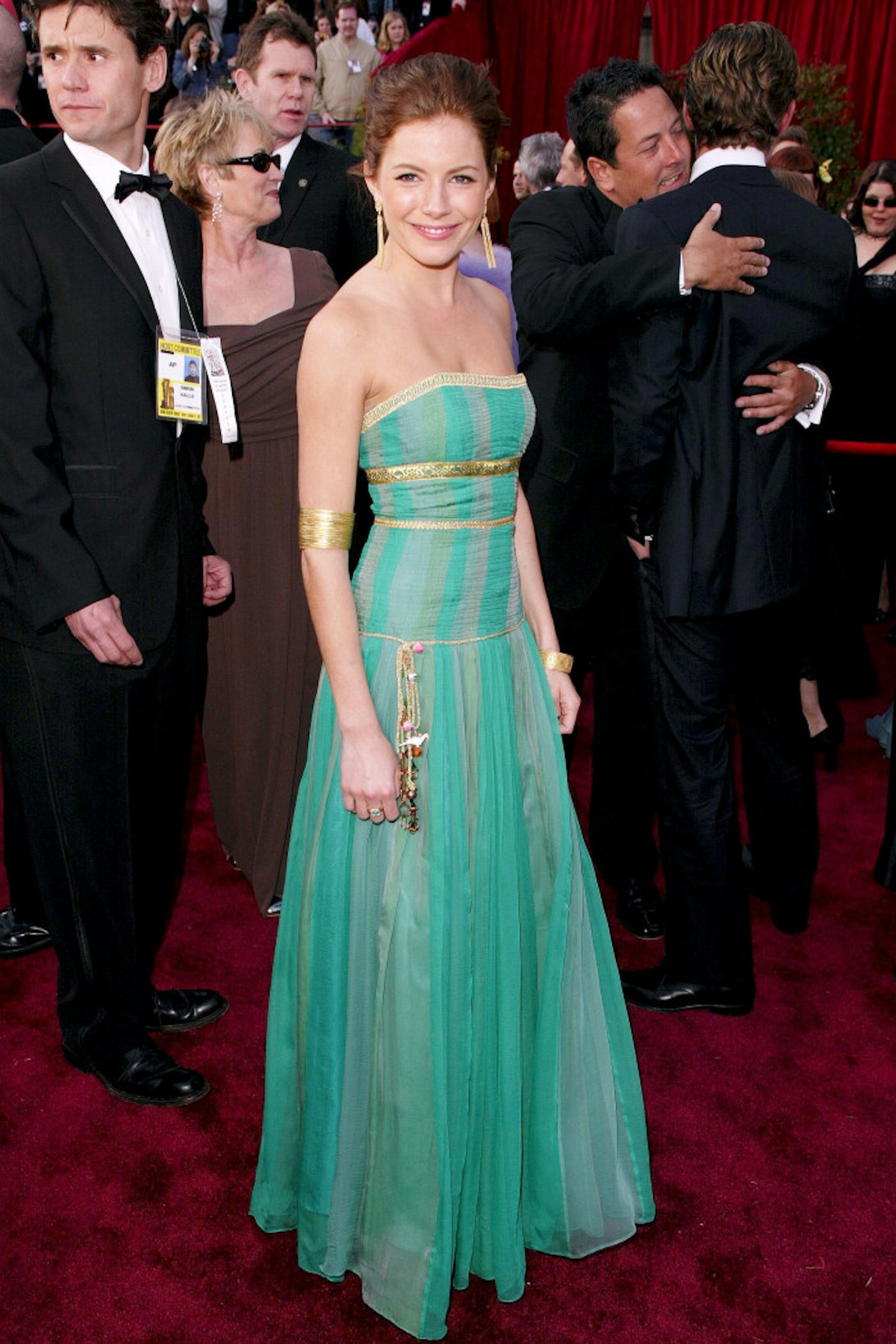 9 of 22
9 of 22rexfeatures_445471dv
THEN: Sienna Miller at the 2004 Oscars © Rex
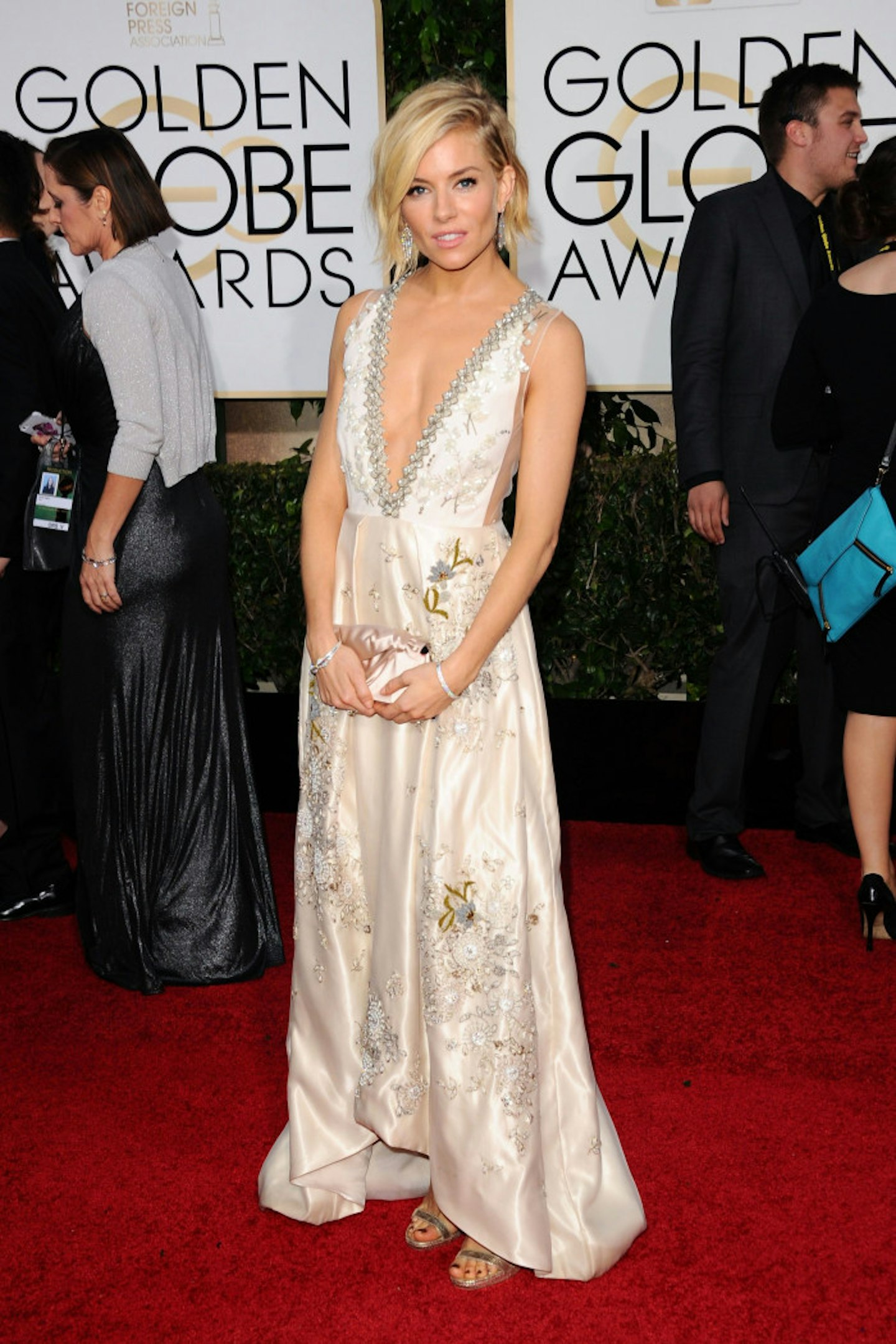 10 of 22
10 of 22rexfeatures_4375559pa
NOW: Sienna Miller at the 2015 Golden Globes © Rex
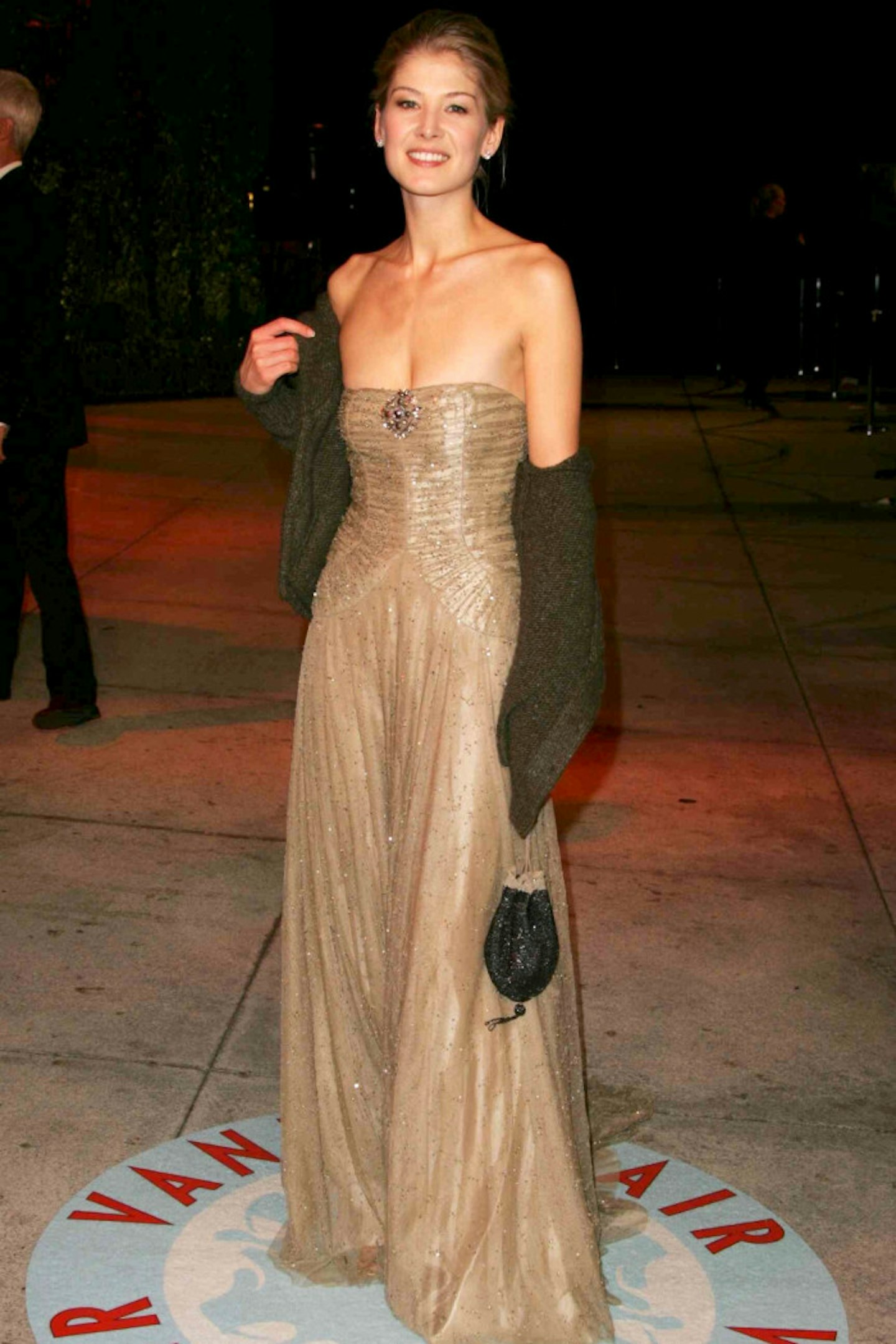 11 of 22
11 of 22rexfeatures_577132ij
THEN: Rosamund Pike at the 2006 Vanity Fair Oscars Party © Rex
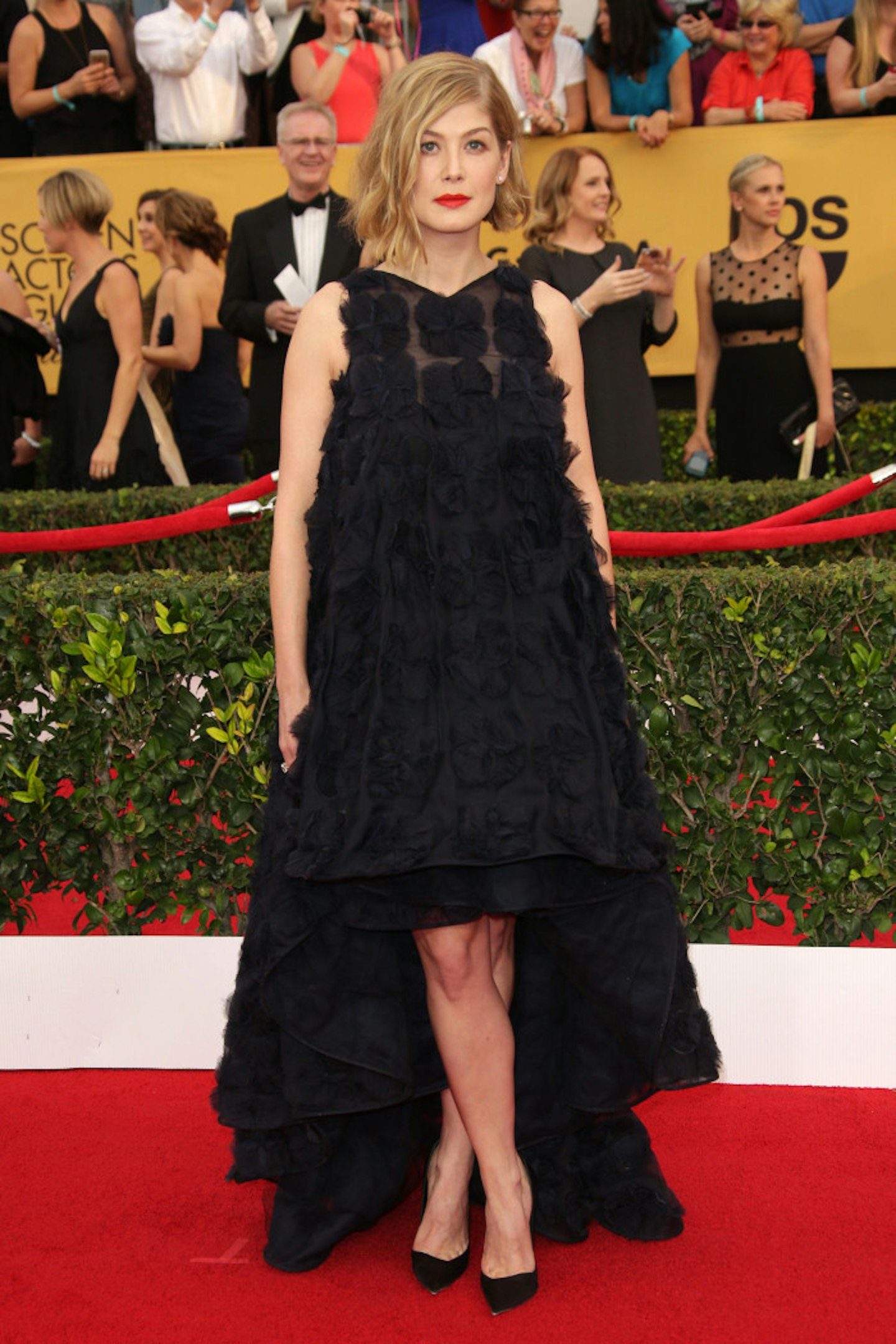 12 of 22
12 of 22rexfeatures_4381625ih
NOW: Rosamund Pike at the 2015 SAG Awards © Rex
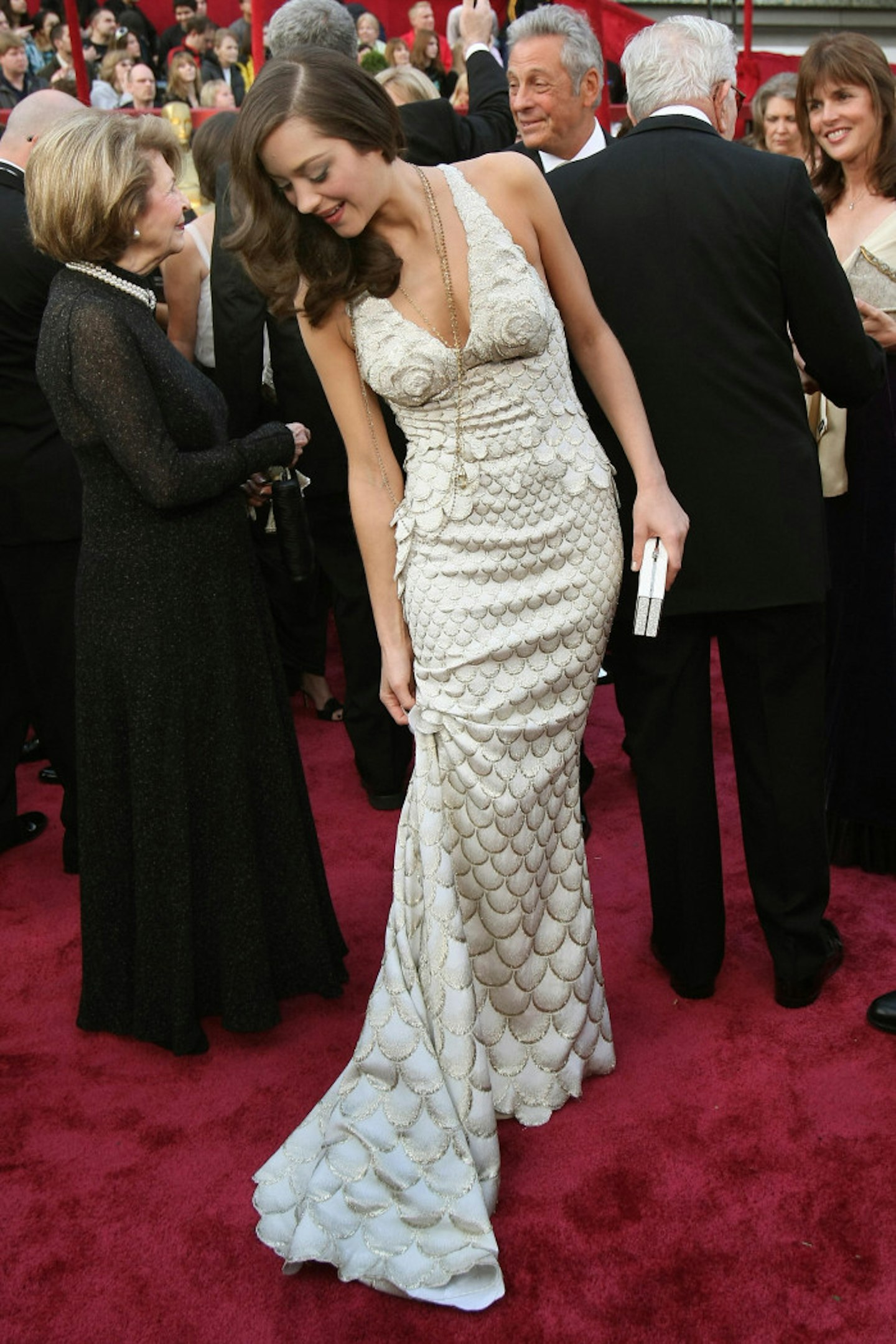 13 of 22
13 of 2279972495
THEN: Marion Cotillard at the 2008 Oscars © Getty
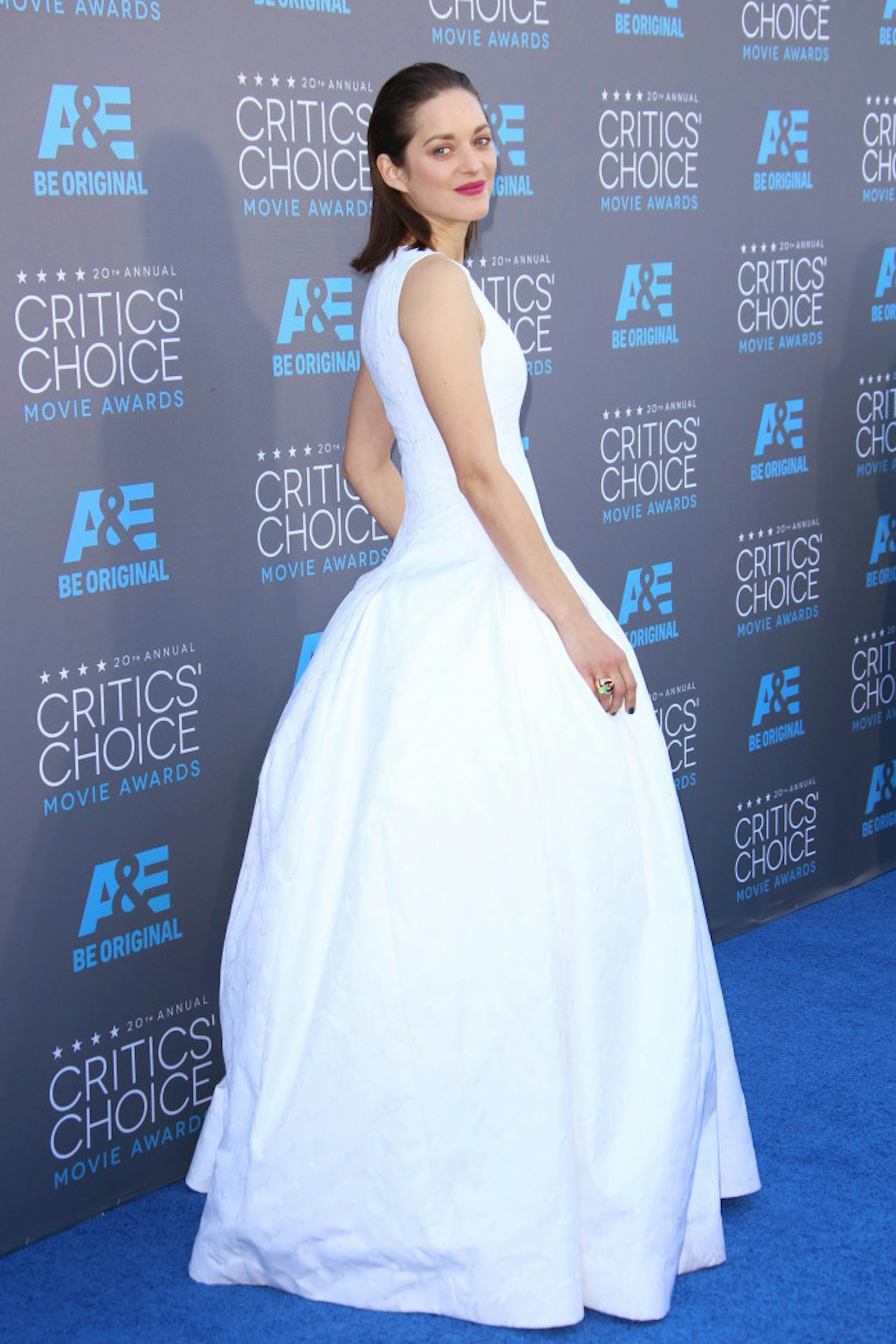 14 of 22
14 of 22rexfeatures_4377307cd
NOW: Marion Cotillard at the 2015 Critics Choice Awards © Rex
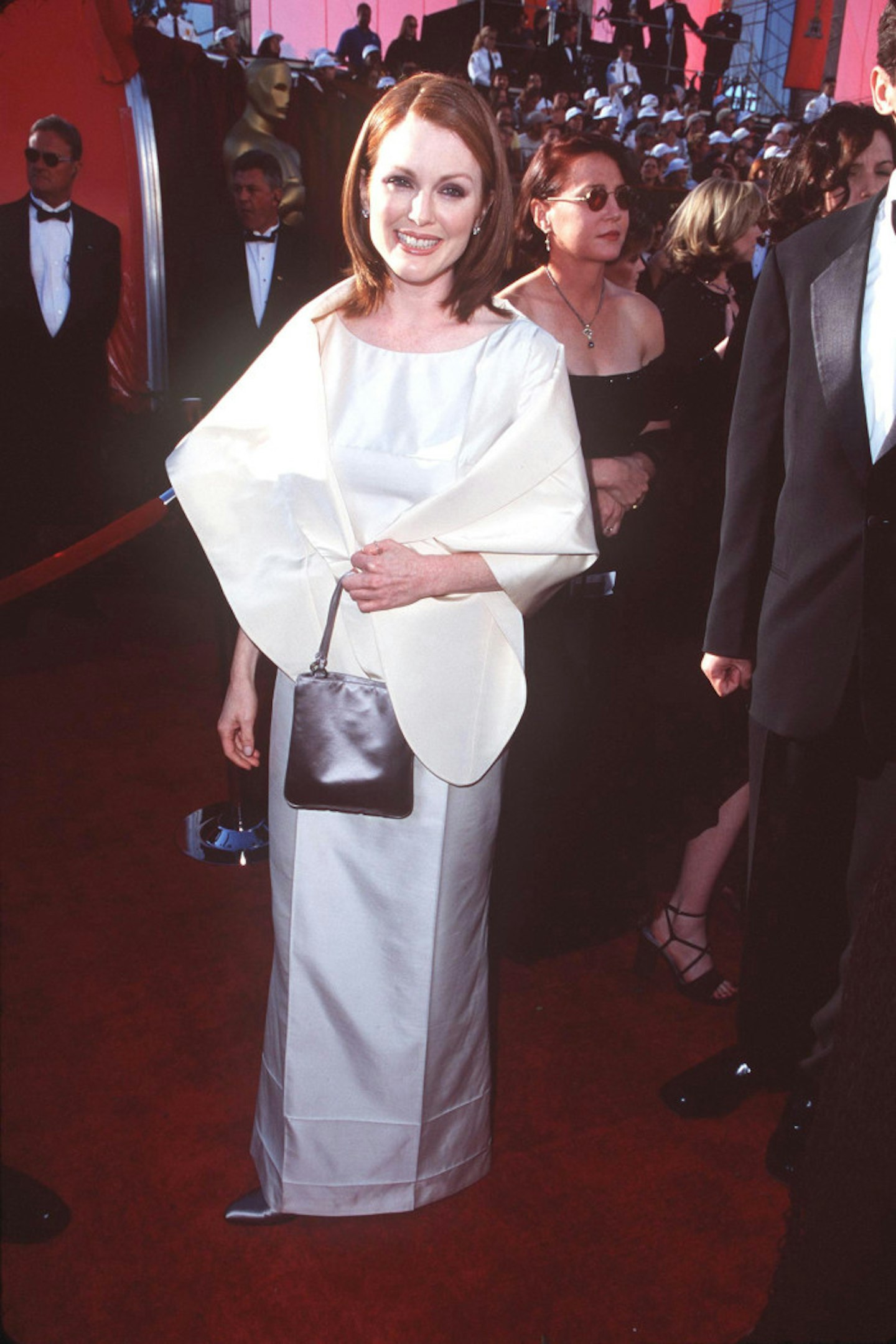 15 of 22
15 of 2281502958
THEN: Julianne Moore at the 1998 Oscars © Getty
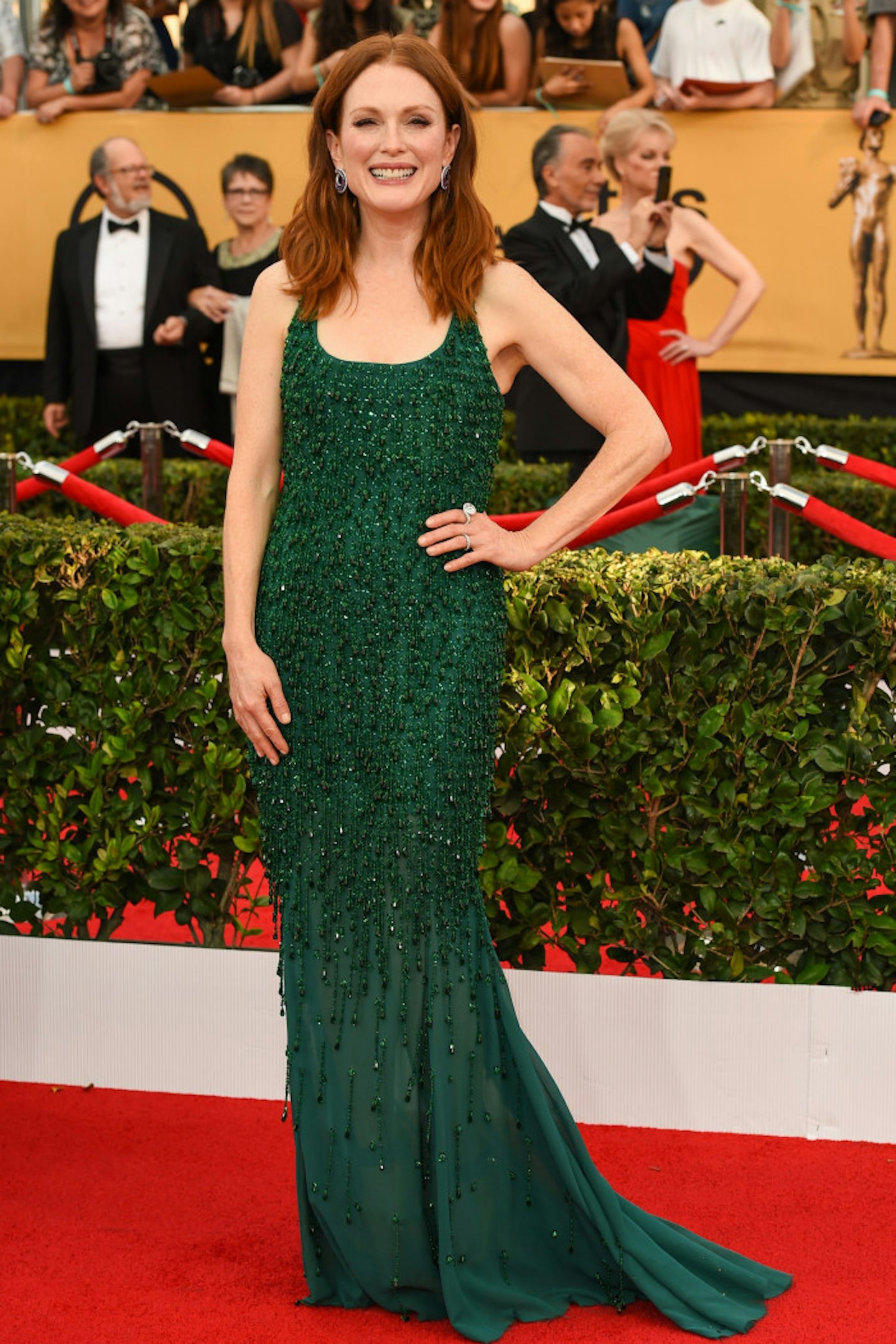 16 of 22
16 of 22rexfeatures_4381615dm
NOW: Julianne Moore at the 2015 SAG Awards © Rex
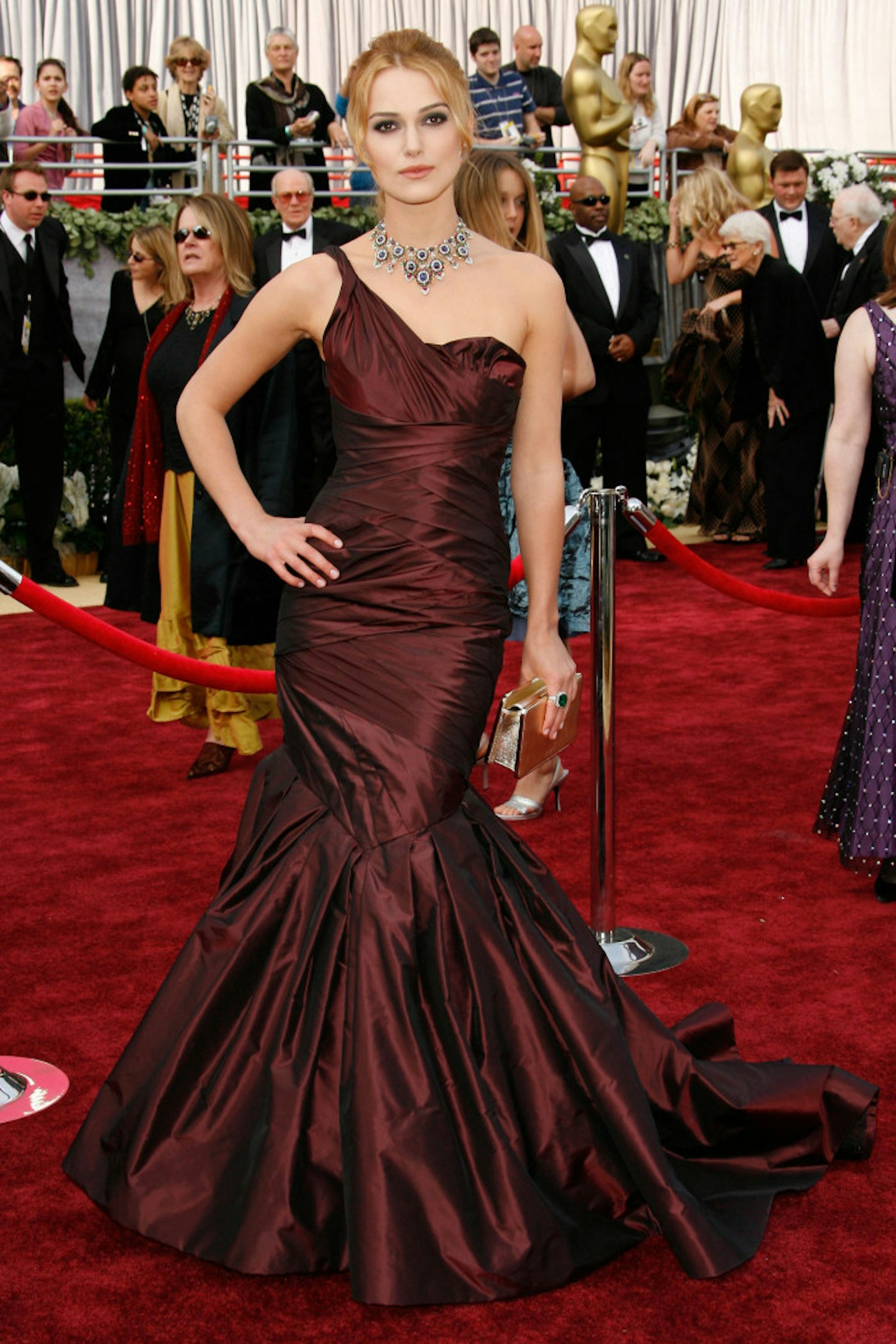 17 of 22
17 of 2279841458
THEN: Keira Knightley at the 2006 Oscars © Getty
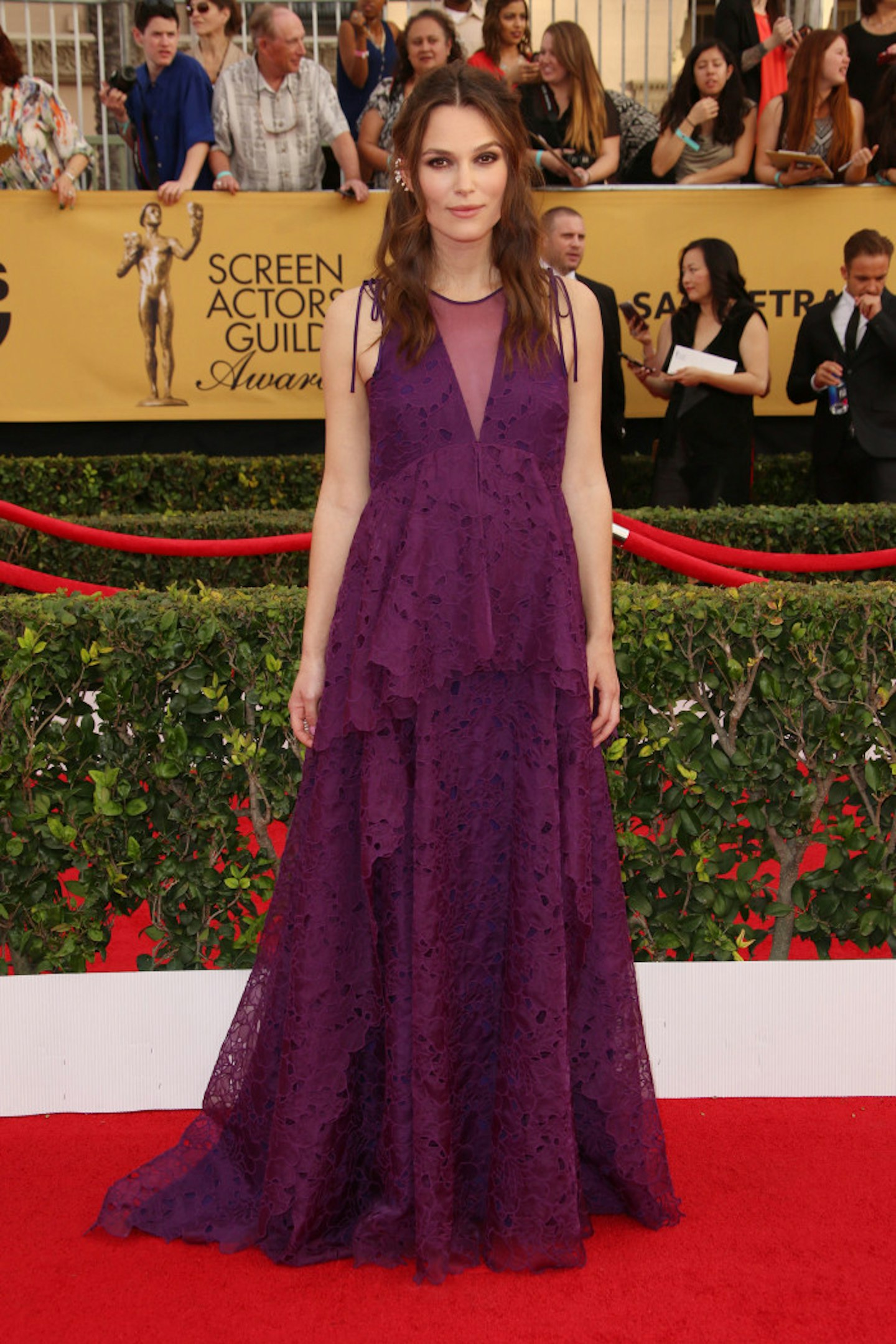 18 of 22
18 of 22rexfeatures_4381644kr
NOW: Keira Knightley at the 2015 SAG Awards © Rex
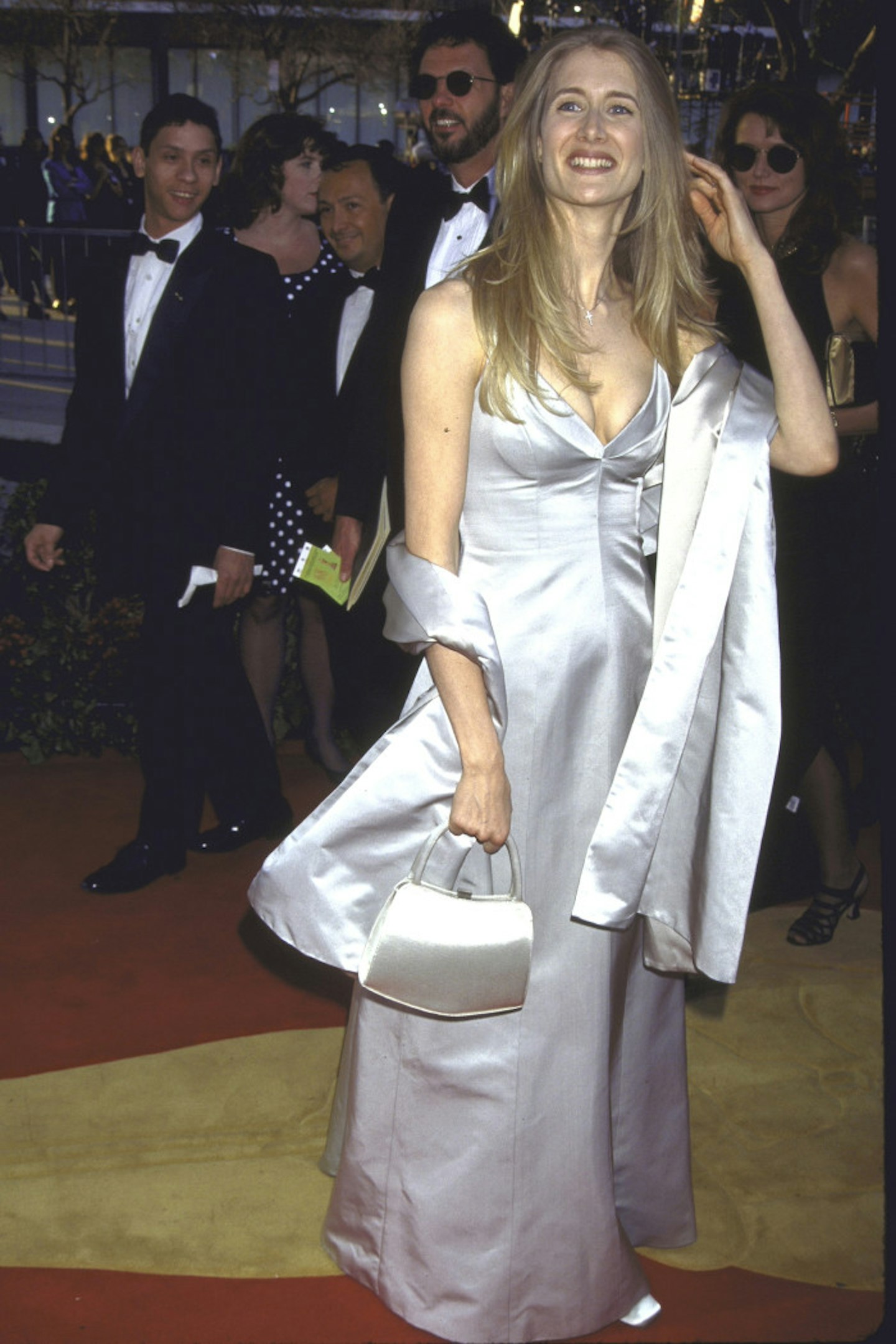 19 of 22
19 of 2250720846
THEN: Laura Dern at the 1998 Oscars © Getty
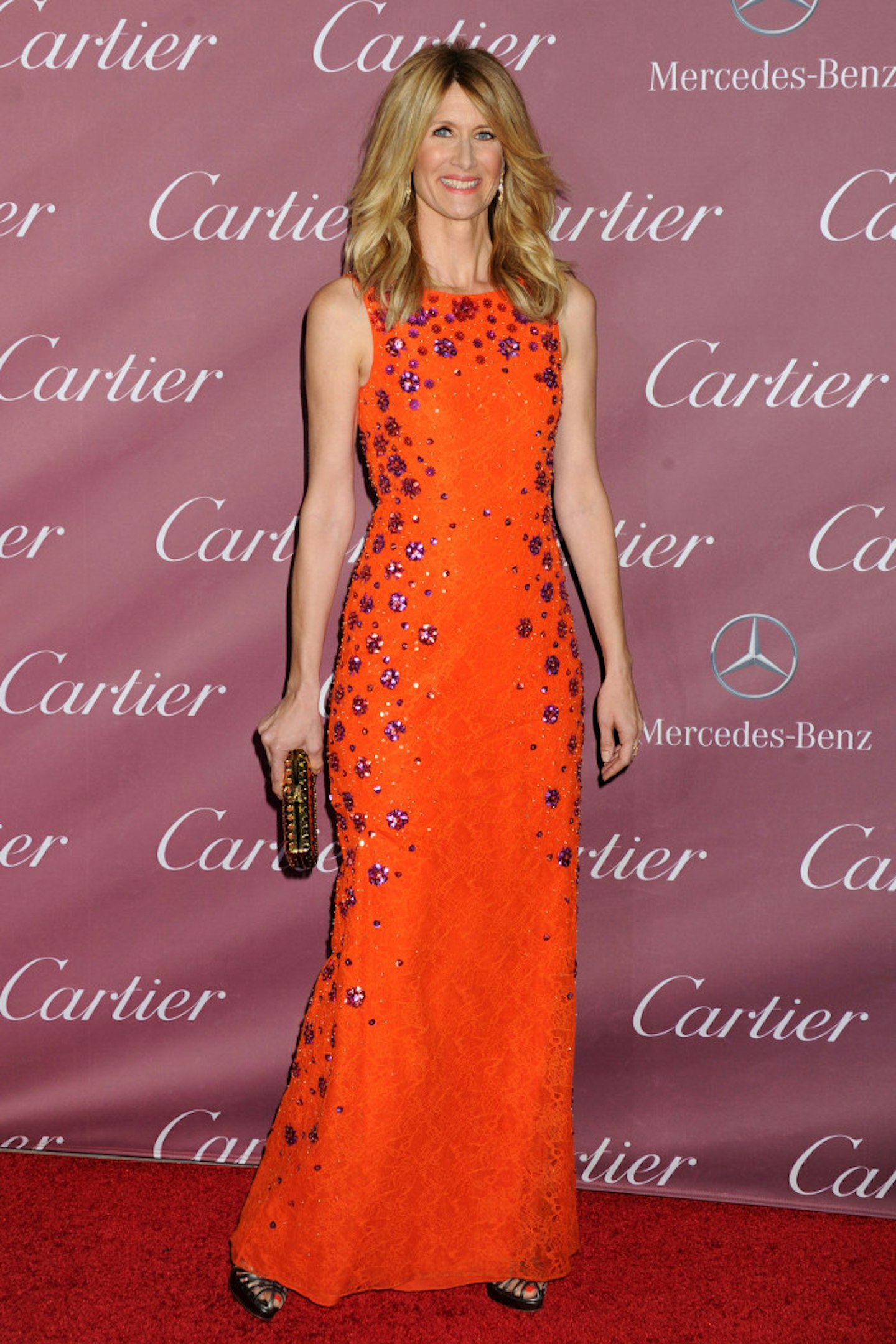 20 of 22
20 of 22rexfeatures_4351492l
NOW: Laura Dern at the 2015 Palm Springs International Film Festival Gala © Rex
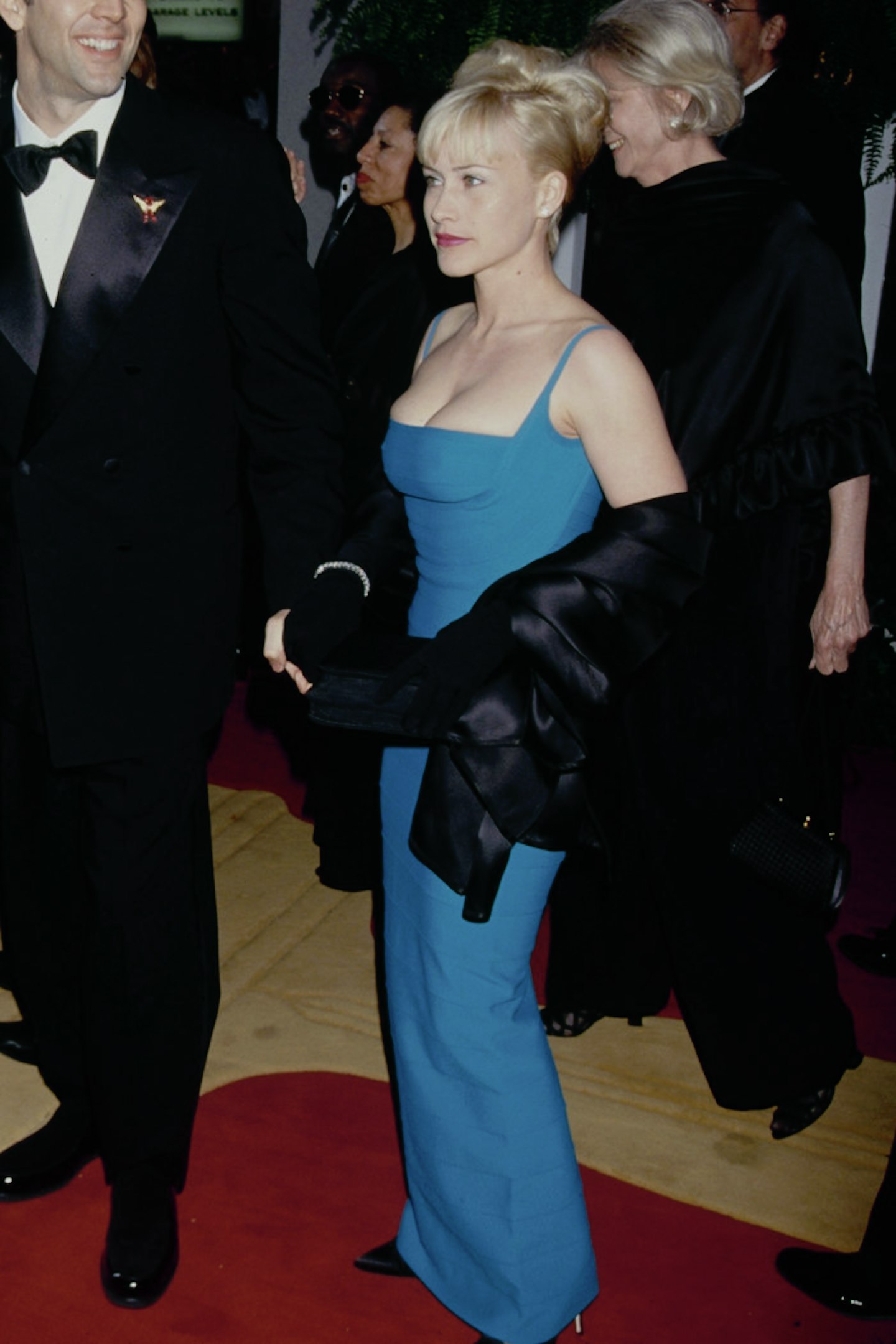 21 of 22
21 of 22116556428
THEN: Patricia Arquette at the 1996 Oscars © Getty
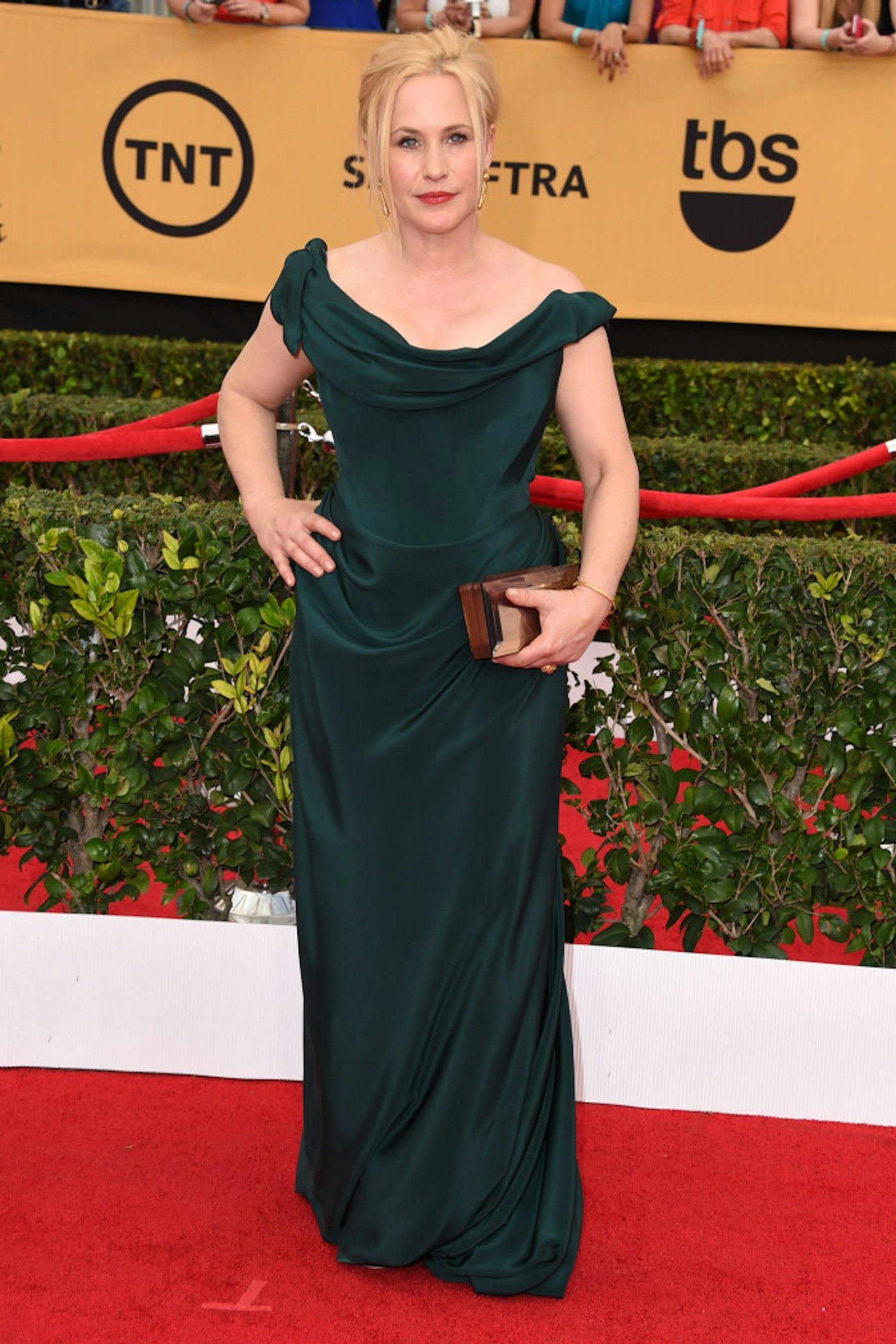 22 of 22
22 of 22462331180
NOW: Patricia Arquette at the 2015 SAG Awards © Getty
Like this? You might also be interested in…
How Online Streaming Has Improved Diversity In The Television Industry
Follow Jazmin on Instagram @JazKopotsha
This article originally appeared on The Debrief.
